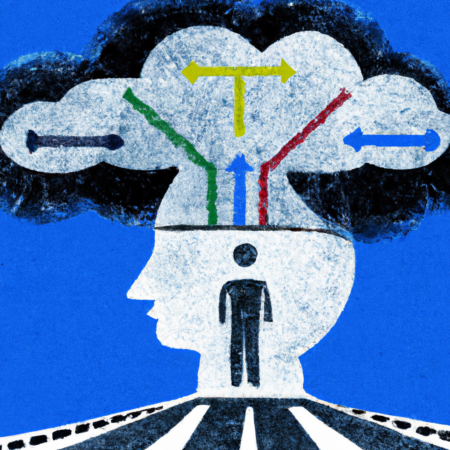Unlocking the Power of Emotional Intelligence in 2025: Strategies for Success
As we navigate deeper into the 2020s, the importance of emotional intelligence (EI) in both personal and professional realms has magnified. With rapid technological advancements and shifting work dynamics, understanding and managing emotions has never been more crucial.
Understanding Emotional Intelligence
Emotional intelligence refers to the ability to perceive, control, and evaluate emotions. This can be your own emotions or those of others. The concept, popularized by psychologist Daniel Goleman in the 1990s, has evolved and its relevance has only grown in our interconnected world.
The Components of Emotional Intelligence
Emotional intelligence comprises four primary components:
- Self-awareness – Recognizing your own emotions and their effects.
- Self-regulation – Managing your emotions constructively.
- Empathy – Understanding the emotions of others.
- Social skills – Managing relationships to move people in desired directions.
Why Emotional Intelligence Matters in 2025
In the second quarter of 2025, as the digital landscape continues to expand, so does the need for EI. The virtual environments, remote work, and digital communications that dominate the modern workplace require more nuanced emotional interactions.
Studies have shown that individuals with high EI have better mental health, job performance, and leadership skills. In a world where AI and automation are prevalent, these human-centric skills become the differentiators.
Strategies to Enhance Your Emotional Intelligence
Improving your EI can seem daunting, but with deliberate practice, it’s achievable. Here are some strategies:
- Practice active listening – Focus fully on the speaker, observe body language, and avoid interrupting.
- Respond rather than react – Take a moment to process your emotions before responding in challenging situations.
- Seek feedback – Regular feedback on your interactions can provide insights into your emotional impact.
- Reflect on your emotions – Take time to identify what you’re feeling and why. This can help in managing your reactions.
As we look towards the future, enhancing your EI will not only improve your personal well-being but also your professional effectiveness. The ability to navigate complex emotional landscapes is an invaluable skill in 2025 and beyond.






